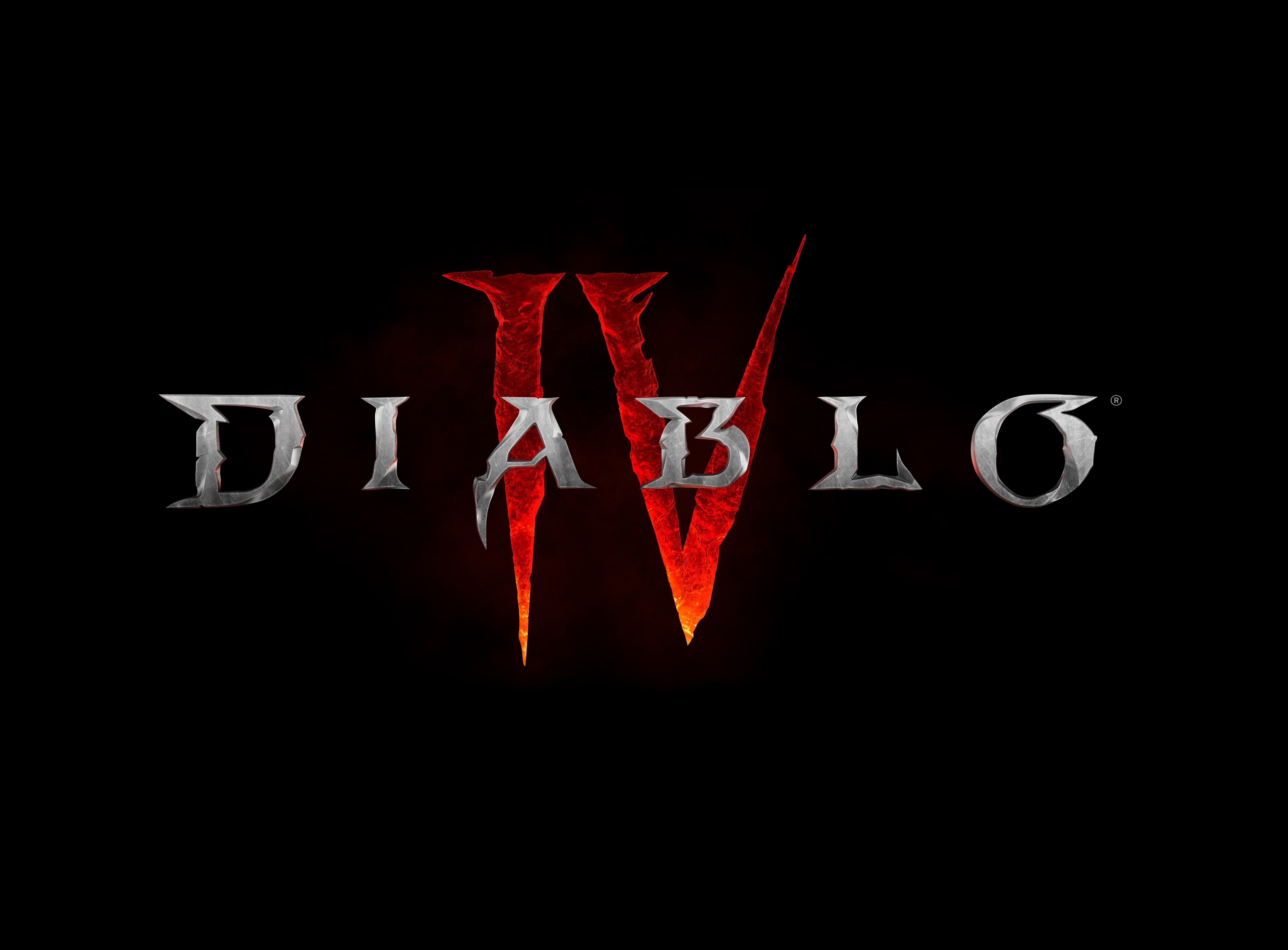That’s awesome. My Asus uses a bit more I think but I never measured it. The MacBook air used to die in one day in sleep mode and now it’ll last almost two days, so progress!
- 0 Posts
- 16 Comments
I use asahi on a MacBook air, and love it. The battery life on sleep mode has been improving but it’s nowhere near the voodoo Apple does to MacOs. I recently installed Linux on my Asus machine and found the process and community to be really helpful, so maybe that’s an option for you. Check out https://asus-linux.org/

 1·8 months ago
1·8 months agoIf you’re allowed to install it on your work computer, asahi Linux is my current daily driver and it works really well. Being able to use asahi-bless lets you switch back to the Mac without having to go to recovery. It’s a really great project.
That’s not what HDR10 means at all, it’s just a different data encoding standard. Like Blu rays vs HDDVDs. A properly encoded HDR10 looks just as bright/dark in a proper monitor
Can you describe how you are enabling it? In-game? Are you adjusting it in game after enabling it? Is your deck itself set to full brightness (you obviously won’t get the full 1000 nits if not)

 1·11 months ago
1·11 months agoI use lightsail exactly for that purpose. I’ve had my firewall using wireguard connected to lightsail for over 2 years now. Will rarely run into a block or glitched captcha loop but it does happen. I also pay for express VPN as a backup and have that on my phone, and surprisingly that is virtually never blocked. Performance with wireguard / lightsail is more consistent for all day use though

 3·11 months ago
3·11 months agoJust to add to the Asahi Linux chorus - I’m self hosting a bunch of things, not on VMs but installed on the actual OS, and it’s been incredibly fast and reliable. I do have thorough offsite backups happening because one should, but loving it so far.
WSL is great for me. Not as fast as being in native Linux but if you’re stuck in windows it’s a impressively seamless tool to just have available. I use it for convenience so I don’t have to have a second machine next to me all day
If anyone stumbles upon this and was confused like me, I found this link to be a super clear explanation of OCI Linux delivery- https://universal-blue.org/introduction/

 1·1 year ago
1·1 year agoThat’s how punitive damages are supposed to work, according to John Grisham
I’m running the Asahi Fedora remix for personal use in multiple Mac workstations because it’s what the Asahi folks are recommending/supporting right now, and I’m not too bothered. I figured if there are changes impacting Fedora later, Asahi will go back to Arch (which I actually really liked) .
At work I manage somewhere between 20-40 servers depending on workload, almost all running commercial software. More than 50% were running Centos, which is what the software manufacturers supported, when the RH announcement was made.
While I actually understand their reasoning and would happily move to a model where there’s a reasonable cost for those licenses, the way they went about it was way too fast and careless, with huge impact to their potential customers. It ironically undermined my trust on them as a company, and I wouldn’t want to bet my job on anything that’s downstream from or owned by RH right now.
TLDR; Fine with Fedora as a daily driver, wouldn’t touch it for work.
Yes!! Super helpful. Thank you!
I’m still having a hard time grasping this, probably because I don’t understand OCI images. How would this be different than say using fedora with docker to spin up containers with stuff I need?
I had no idea he was sick. That’s really sad.
I went druid for my main and didn’t look up any builds until I got to tier 3. It’s very doable and I had fun changing around builds based on items I found.


I did it from scratch following a guide from Linux Magazine from a few months ago. I had to do some modifying and it was a lot of work, but it runs pretty seamlessly now, so the effort was worth it. I’ll see if I can find it and tell you which month’s issue it was in.